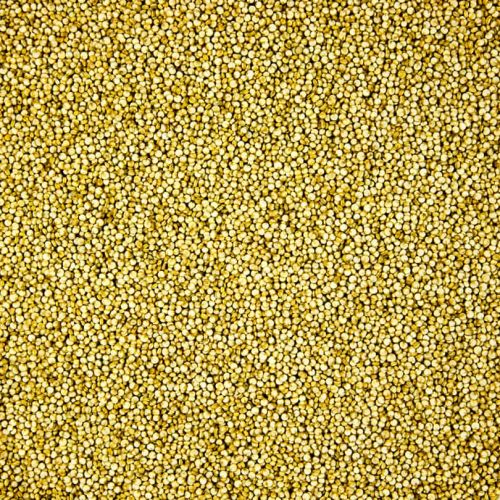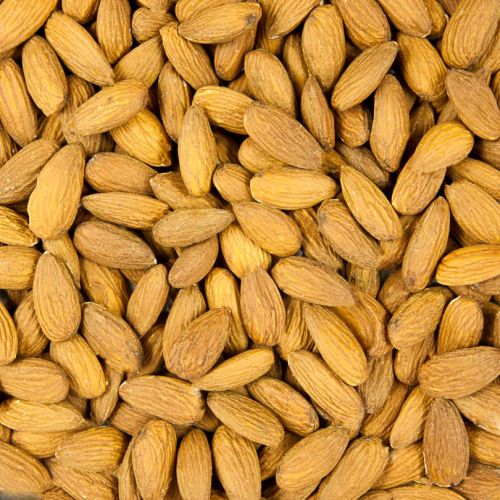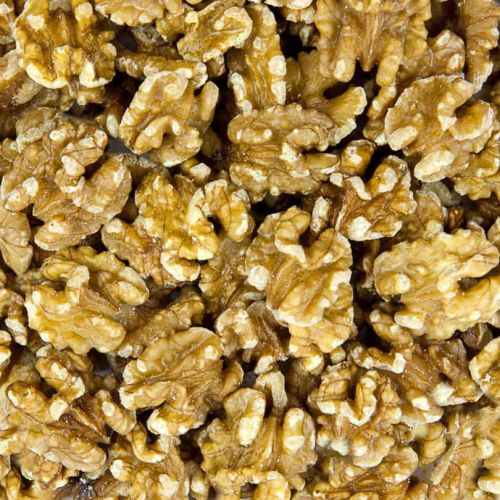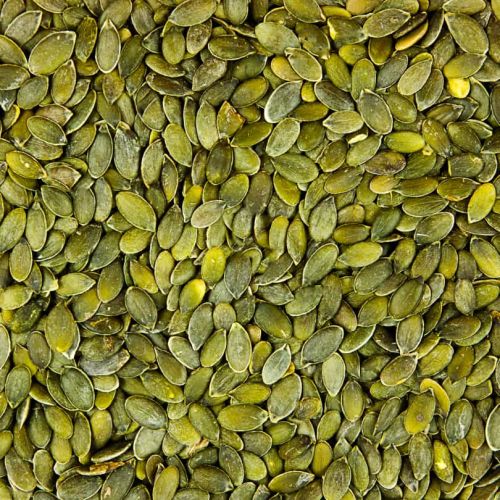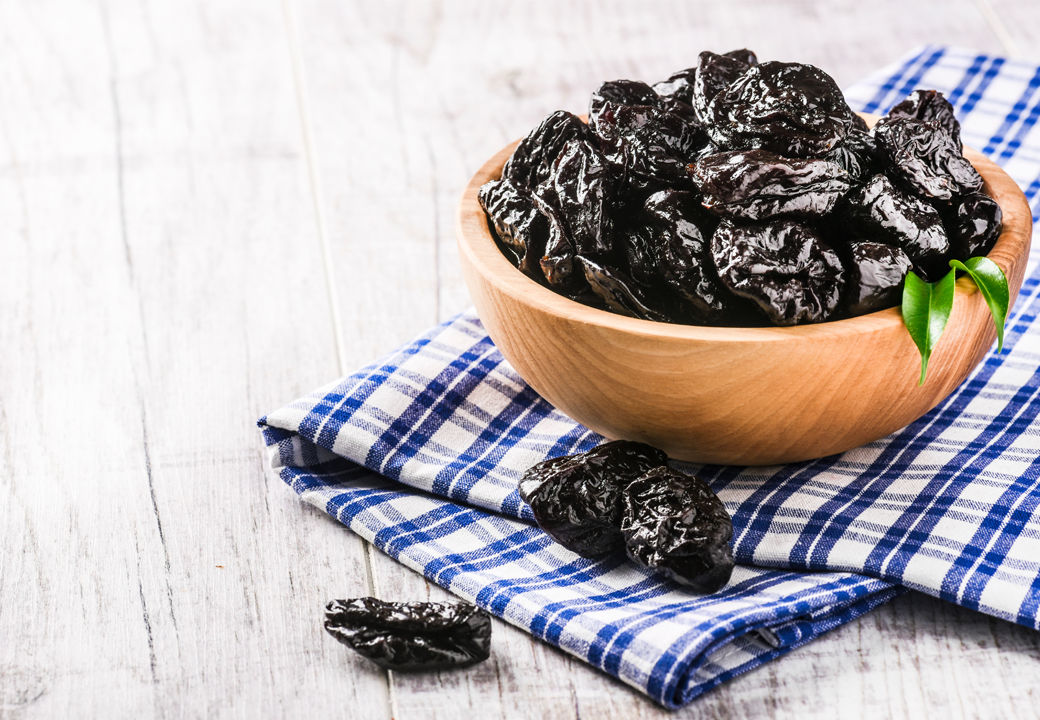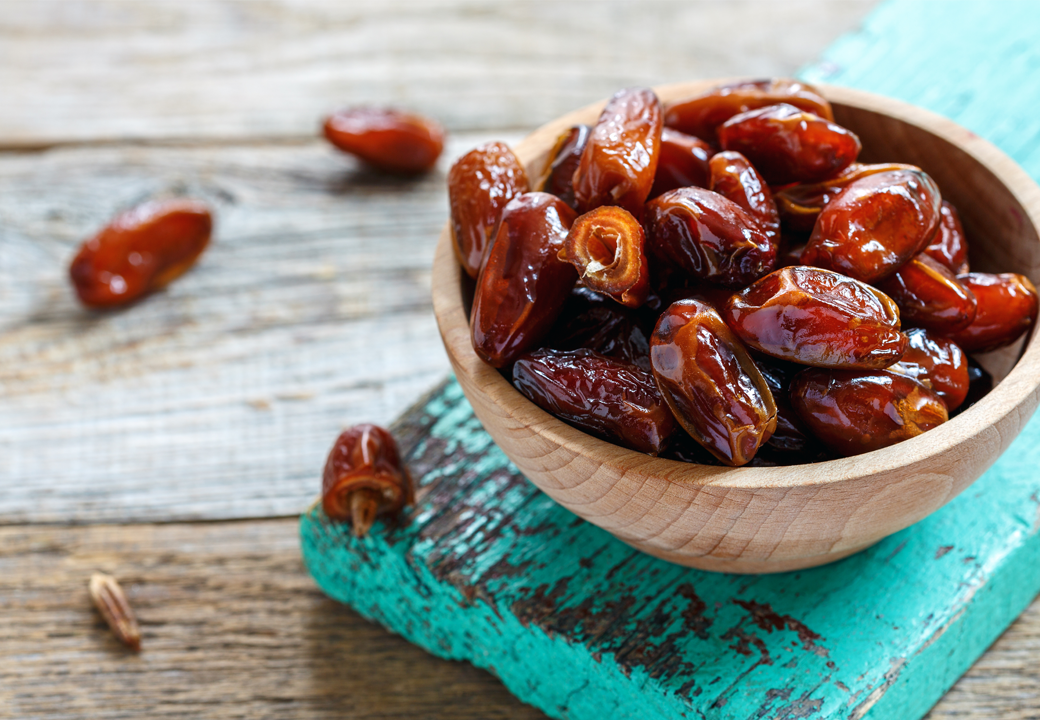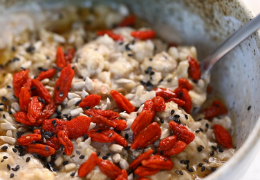Enjoying a Mediterranean-style diet from a region known for its good health and longevity has long been widely viewed as a balanced way of eating.
The latest research also involved Queen’s University Belfast, University of Exeter, the University of East Anglia and the University of Edinburgh.
And significantly, the findings suggest that eating in a more Mediterranean way may even reduce the likelihood of developing dementia in those with a higher genetic predisposition.
Read our article on Mediterranean diet linked to possible dementia reduction
Here are 10 things you should know about Mediterranean style living:
1. Healthy Fats


Photo Credit: "© [aamulya] / Adobe Stock
A Mediterranean diet encourages the consumption of healthy fats, primarily olive oil, which is a key source of monounsaturated fats, which can promote health. This diet steers away from unhealthy saturated fats. Rapeseed has the least saturated fat of all oils.
2. Whole Grains


Photo Credit: "© [marilyn barbone] / Adobe Stock
Whole wheat, brown rice and quinoa are staples of this diet and provide essential fibre and nutrients which can help sustain energy levels and promote good digestive health. Whole grains can also help with feeling fuller for longer.
3. Fruit and Vegetables


Photo Credit: "© [Natalia Lisovskaya] / Adobe Stock
Packed with vitamins, minerals, and antioxidants the health benefits of fruit and vegetables has been long known. A Mediterranean diet places a very strong emphasis on consuming a wide range of fruits and vegetables.
4. Eating Together


Photo Credit: "© [pressmaster] / Adobe Stock
The social impact of eating together by sharing meals with family and friends is an integral part of this way of life. A communal approach to dining can reduce stress and help with overall feelings of wellbeing and belonging.
5. Lean Proteins


Photo Credit: "© [samael334] / Adobe Stock
A Mediterranean diet leans towards lean meat protein sources rather than red meat which is eaten in moderation. Preferred lean protein sources include fish, poultry, seeds and nuts, all of which have a number of health benefits given their vitamin and mineral content.
6. Red Wine In Moderation


Photo Credit: "© [Aerial Mike] / Adobe Stock
When drunk in moderation the antioxidants contained in red wine can bring health benefits. These polyphenols may help protect the lining of the blood vessels in the heart. One in particular, resveratrol, has been linked to a possible reduction in blood clotting. Grapes are especially rich in resveratrol.
7. Herbs and Spices


Photo Credit: "© [3y3broda] / Adobe Stock
Cuisine from this part of the world uses many herbs and spices particularly basil, oregano, rosemary, and garlic. Garlic alone has been linked for thousands of years with good health. In recent times science has backed up claims that it is potentially helpful in supporting heart health and lowering cholesterol.
8. Keeping Active


Photo Credit: "© [Stavros] / Adobe Stock
Accepted around the world as a way to age well, keeping physically fit is also part of a Mediterranean way of life with an emphasis on wellbeing.
9. Dairy In Moderation


Photo Credit: "© [Antonino D'Anna] / Adobe Stock
Greek yoghurt is a popular choice due to its probiotic content and increased protein content compared with other yoghurts. Dairy products in general are included in this diet but in moderation.
10. Health Benefits
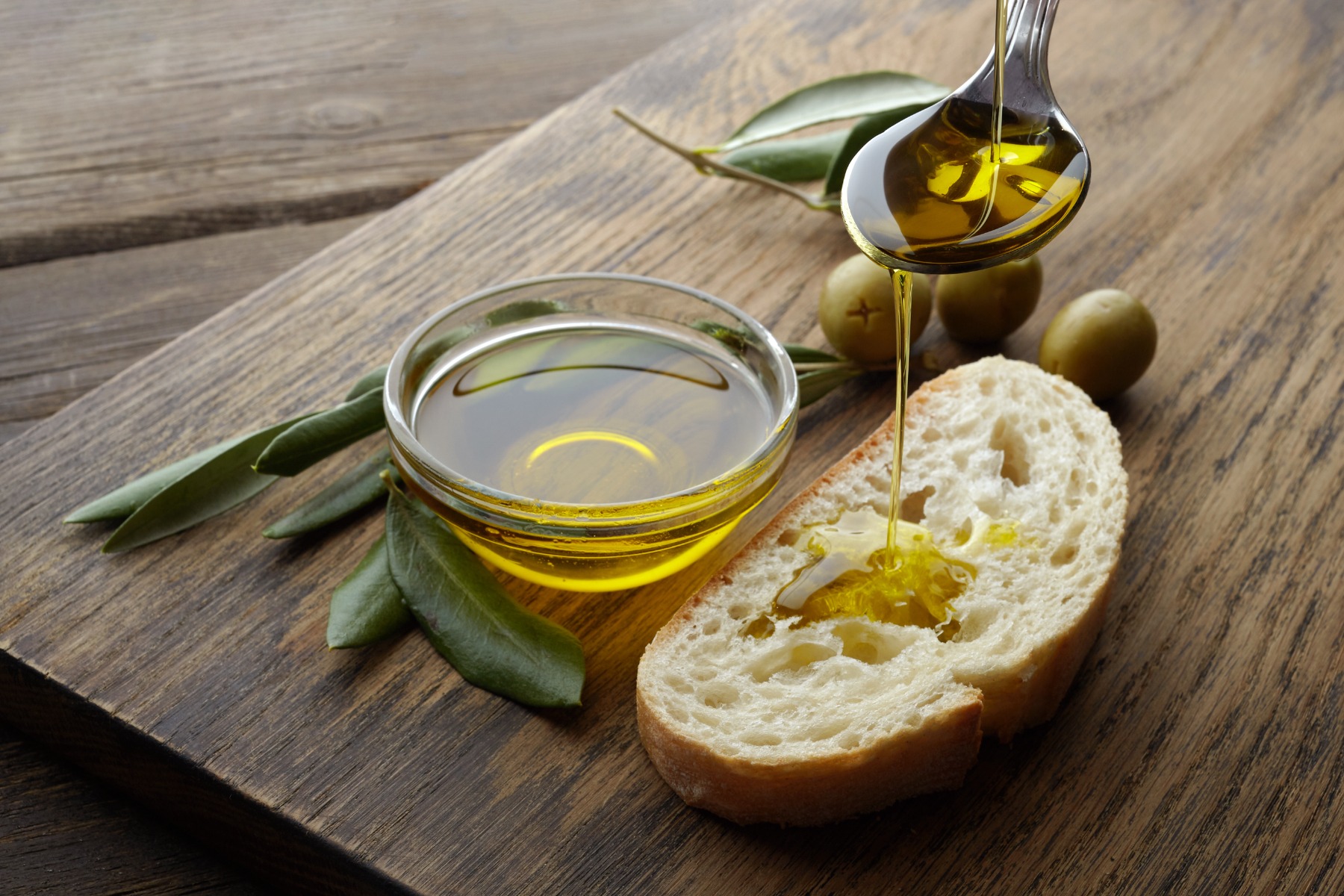

Photo Credit: "© [vetre] / Adobe Stock
Numerous studies have shown that a Mediterranean diet is associated with a reduced risk of heart disease, stroke, and certain types of cancer. It may also support cognitive function and promote longevity. This most recent study now shows it possibly reduces the onset of dementia.
